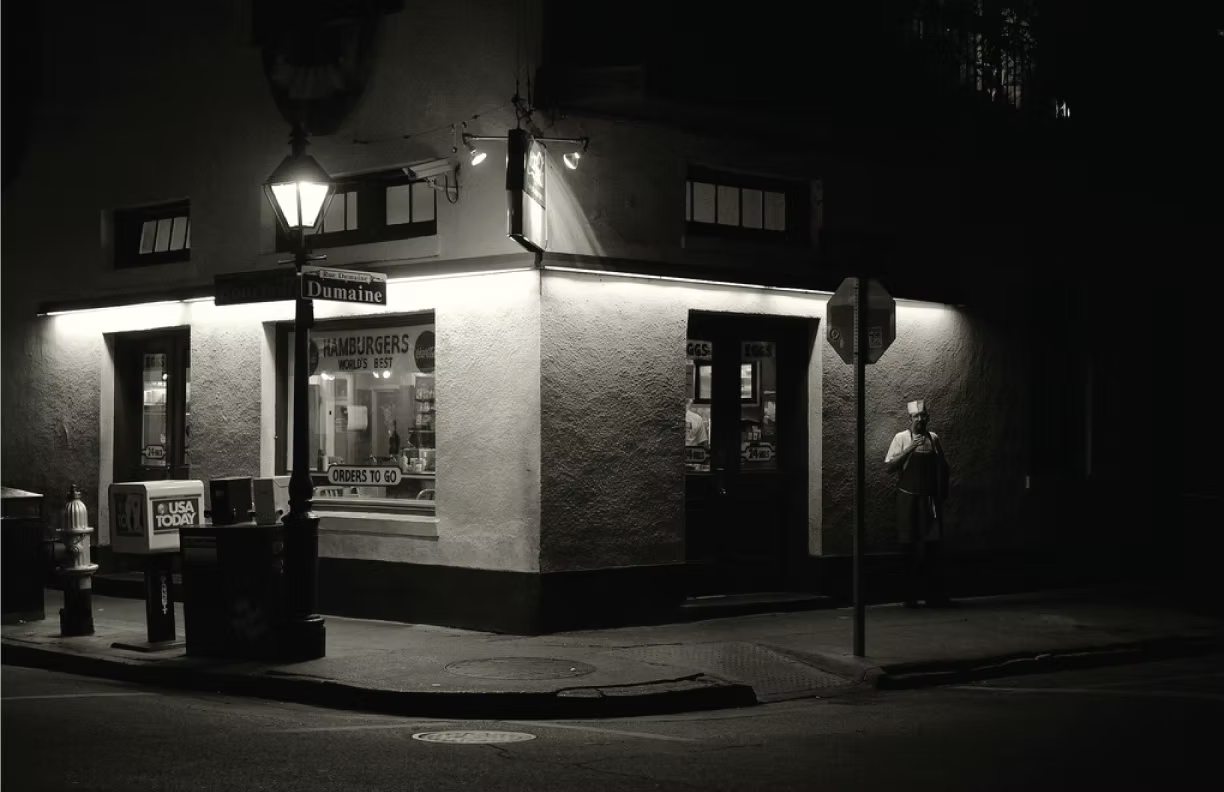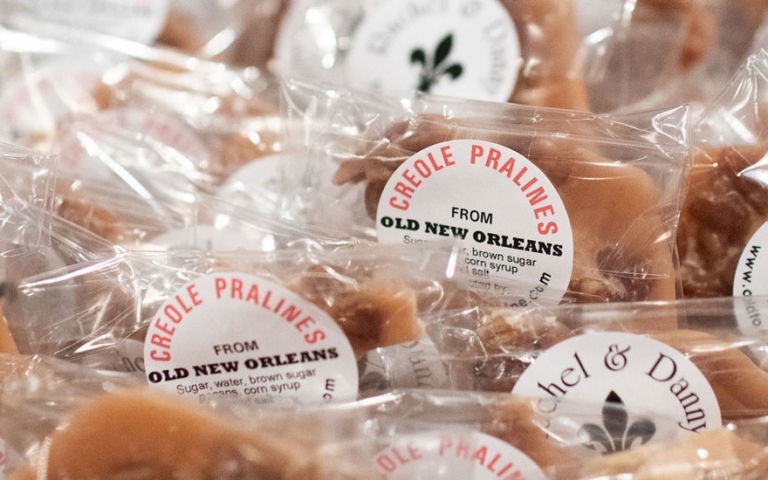Picture the scene: eight friends finish dinner, the check arrives, and someone whips out their phone to calculate everyone’s share down to the penny. What should be a simple transaction becomes an awkward negotiation about who had the extra glass of wine and whether tax should be split evenly. Despite having more payment apps than ever, we’re still arguing over restaurant bills like it’s 1995.
The root problem isn’t technological—it’s philosophical. Your idea of “fair” probably differs from your dinner companion’s, and modern tools have made those differences impossible to ignore.
The Fairness Paradox Gets Sharper
Digital receipts expose every discrepancy, making budget-conscious diners more sensitive to inequities.
Itemized digital receipts reveal exactly who ordered the $28 salmon while you stuck with the $14 pasta. Payment apps can calculate splits to the cent, eliminating the old practice of rounding up and calling it even. This precision feels more fair in theory, but it strips away the social lubricant that kept friendships intact when everyone just threw in a twenty and moved on.
Inflation has raised the stakes. When restaurant prices jump significantly, a $5 difference in what you consumed versus what you’re asked to pay feels genuinely unfair if you’re watching your budget. Economic pressure transforms minor disparities into relationship tests.
When Apps Make Things Worse
Payment transparency creates new tensions while restaurants push back against splitting logistics.
Venmo requests arriving before you’ve left the parking lot feel transactional and pushy. The apps designed to eliminate awkwardness sometimes amplify it—especially when someone disputes the amount or delays payment for days. That notification sitting in your phone becomes a tiny source of resentment.
Meanwhile, some European restaurants have started refusing to split bills for large groups, citing workflow disruptions and accounting headaches. Staff report that managing eight individual card payments slows service and complicates their systems, according to industry reports.
Cultural expectations clash hardest in diverse friend groups:
- Younger diners expect even splits and instant app transfers
- Older diners might prefer one person covering the table
- Someone from a culture where hosts traditionally pay faces off against someone who considers separate checks the height of fairness
These aren’t technical problems—they’re human ones that no app can solve.
The bill-splitting ritual exposes our deepest anxieties about money, fairness, and belonging. Technology promised to streamline the process, but it mostly revealed how complicated our relationships with each other really are.


















